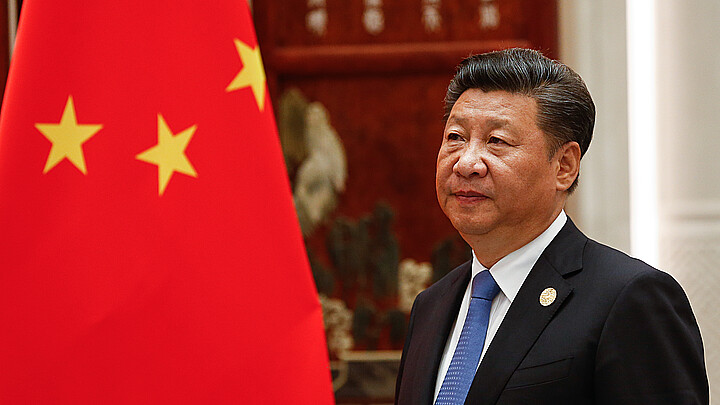Business
Starbucks CEO blames negligent politicians in Democratic cities for store closures
The head of Starbucks said that elected leaders at all levels of government who had “abdicated their responsibility in fighting crime and addressing mental illness” were the main reason the company is closing 16 stores in some of America’s largest cities, according to footage from an internal meeting
July 18, 2022 1:32am
Updated: July 18, 2022 11:24am
The head of Starbucks said that elected leaders at all levels of government who had “abdicated their responsibility in fighting crime and addressing mental illness” were the main reason the company is closing 16 stores in some of America’s largest cities, according to footage from an internal meeting.
The Seattle coffee giant announced Tuesday that it would be closing stores 16 stores in urban areas after workers reported café disruptions that made them feel unsafe, including six in its hometown.
In the recording obtained by The Post Millennial, Starbucks CEO Howard Schultz says he made the decision to close the stores, which were not unprofitable, after holding almost sixty “co-creation” sessions with employees since returning to the company in April.
"In all of those sessions, it has shocked me that the primary concerns that our retail partners have is their own personal safety,” he says in the video, using the term Starbucks calls its employees.
“And then we heard the stories that go along with it about what happens in our bathrooms,” he continued, also raising the issues of mental health, homelessness and crime that store employees faced on a regular basis.”
Schultz blamed elected leaders of the Democrat cities where the stores are closing "at the local state and federal level, these governments... and leaders, mayors & governors & city councils have advocated their responsibility in fighting crime & addressing mental illness. pic.twitter.com/M8vTJgchCE
— Ari Hoffman (@thehoffather) July 13, 2022
In 2018, Starbucks mandated that bathrooms in all locations were now open to anyone, even if they are not paying customers, following an incident where two black men refused to leave a store after one was denied use of a bathroom. Video of their arrest went viral, sparking uproar and allegations of racism.
The announcement Tuesday said the four-year-old policy would be axed to allow store managers more discretion to manage safety concerns.
“In my view,” Schultz continued, "at the local state and federal level, these governments... and leaders, mayors & governors & city councils have advocated their responsibility in fighting crime & addressing mental illness.”
Schultz helped Starbucks grew into the international success it’s become by focusing on the stores as a “third” place, between the home and office, where people could linger over coffee and espresso. In the meeting, he explained that the “operating environment” had changed drastically – in-store customers now accounted for a minority of sales behind drive-thru and mobile app purchases.
The Post Millennial has previously reported on the disruptions Starbucks workers had faced, like customers “doing drugs in bathrooms” and homeless people that "wander in off the streets and harass employees and customers."
Schultz said demand has for Starbucks has never been higher, but that was still “listening to our people and closing stores."
"This is just the beginning, there are gonna be many more,” he said regarding future closures.










